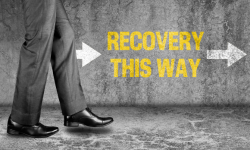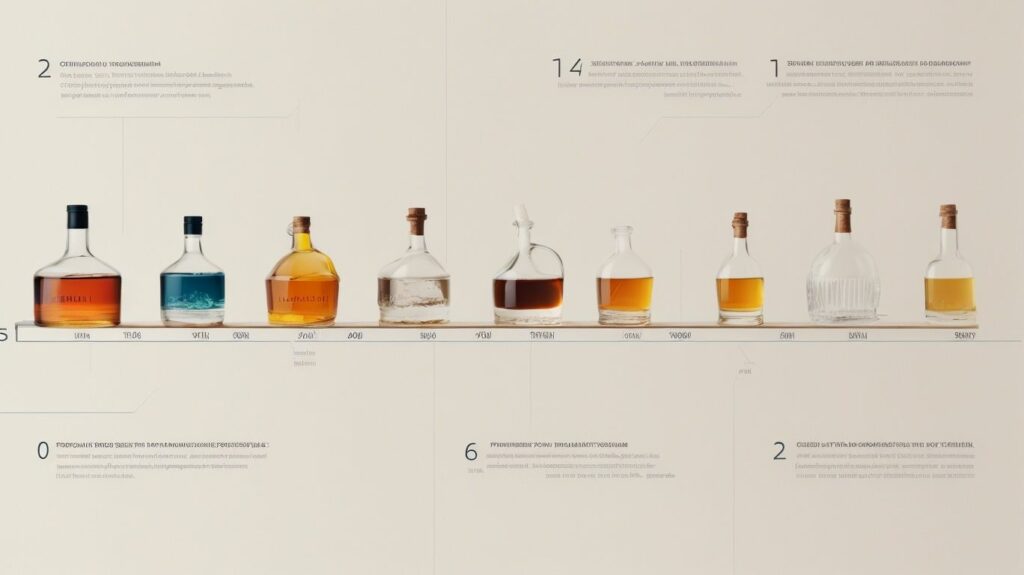20+ Years Experience
Specialist Alcohol Help

Enquire Today For A Free No Obligation Quote
Alcohol addiction, also known as alcohol use disorder, is a chronic and often progressive condition characterised by excessive alcohol consumption, despite negative consequences on an individual’s physical, mental, and social well-being.
While the impact of alcohol addiction on individuals is widely acknowledged, its effects on families, particularly children, are often overlooked.
A study published in the Journal of Health and Social Behaviour found that children of alcoholic parents are more likely to develop alcohol use disorder themselves. Not only does alcohol addiction disrupt the family dynamic, but it can also have a damaging impact on children’s physical and mental health.
Signs of alcohol addiction may include secretive drinking, withdrawal from social activities, and increased tolerance to alcohol.
Parents play a crucial role in preventing alcohol addiction in their children by setting a positive example, having open communication about alcohol, and seeking treatment if needed. Parental alcohol use can also have significant risks for children, including physical and emotional abuse, neglect, and exposure to alcohol-related violence.
Alcohol addiction can also affect parenting, leading to impaired decision-making, neglect of children’s needs, and strained relationships. Children of alcoholics may also experience mental health issues, such as anxiety, depression, and behavioural problems.
Treatment for alcohol addiction includes detoxification to rid the body of alcohol and rehabilitation to address the underlying causes and develop healthy coping mechanisms. Family support is crucial in the recovery process, and families can provide emotional support, participate in therapy sessions, and attend support group meetings.
In conclusion, alcohol addiction has a profound impact on families and children, and it is essential to address and seek help for this issue. With proper treatment and support, individuals and families can recover and heal from the harmful effects of alcohol addiction.
Alcohol can affect families in numerous ways including:
Recognising the signs of alcohol addiction is crucial for early intervention and support:
Parental alcohol use poses significant risks to children’s well-being, including an increased likelihood of emotional, behavioural and substance abuse issues.
Children of parents with alcohol addiction are at a higher risk of developing alcohol addiction themselves due to genetic and environmental factors. Exposure to parental alcohol use can also lead to poor academic performance and social difficulties for children.
Parents must be aware of the potential impact of their alcohol use on their children’s lives.
Alcohol addiction can affect parenting through:
Alcohol addiction significantly impacts parental decision-making, leading to impaired judgement, inconsistent discipline, and compromised child safety.
Parents may struggle to prioritise their children’s needs and may make risky choices due to addiction-related issues.
Seeking professional help, attending support groups, and creating a stable, alcohol-free environment are crucial steps towards positive change.
Children of alcoholics have a higher risk of developing alcohol addiction due to genetic and environmental factors.
Growing up in a household with alcohol abuse can normalise this behaviour, increasing the likelihood of alcohol dependence in adulthood. Sarah, whose parents struggled with alcohol addiction, found herself battling the same issue in her 20s.
Through therapy and support groups, she overcame her addiction and now educates others about the impact of parental alcohol use.
Treatment options for alcohol addiction include:
Alcohol detoxification is a process that involves removing alcohol from the body, typically under medical supervision to manage withdrawal symptoms.
It aims to help individuals safely transition to sobriety and overcome physical dependence.
A detox may include medications, monitoring vital signs, and providing support. To support a loved one during alcohol detoxification, create a supportive environment, educate yourself about the process, and encourage them to follow medical recommendations.
Alcohol rehabilitation, also known as alcohol rehab, is the process of medical and psychological treatment for alcohol addiction.
It involves detoxification, therapy, and counselling to address the physical and mental aspects of addiction. Rehabilitation helps individuals understand the root causes of their addiction and develop coping strategies to maintain sobriety.
Pro-tip: When seeking alcohol rehabilitation, consider programmes that offer personalised treatment plans to meet specific needs.
Children living in households with parents or carers who have substance use problems may experience abuse or neglect, which can have long-term impacts on their well-being and development.
This can include impaired cognitive development, a weakened immune system, and difficulties with learning and memory.
Parental substance misuse can make it difficult for parents to provide safe and loving care for their children, leading to neglect and emotional, physical, and domestic abuse.
This can happen due to reduced impulse control, controlling emotions, and engaging in criminal activities to fund their dependency.
Family systems theory and attachment theory provide a framework for understanding the development and maintenance of substance use disorders and their effects on the family.
Assessing the family’s current developmental stage is crucial in determining appropriate interventions for addressing substance use problems.
Substance use disorders have negative effects on emotional and behavioural patterns from the beginning of the family, leading to unmet developmental needs, impaired attachment, emotional distress, economic hardship, legal problems, and sometimes violence.
This can have a significant impact on the family as a whole and on individual family members.
Children in families with substance use disorders are at an increased risk of developing substance use disorders themselves.
This can also have long-lasting effects on their healthy development, executive function skills, and socialisation. It is crucial to recognise and address the impact of parental substance misuse on children to prevent these adverse effects.
Both the social work and healthcare professions play crucial roles in addressing substance use disorders in families.
Evidence-based family approaches, such as group-based treatments and counselling sessions, have been shown to be effective in addressing substance use problems within the family system.
It is essential to involve the family in the treatment process to provide support and promote positive change for both the individual and the family as a whole.
There are a range of other services that we can provide. Have a look at the list below for more information:











































































































































We Aim To Reply To All Enquiries With-in 24-Hours